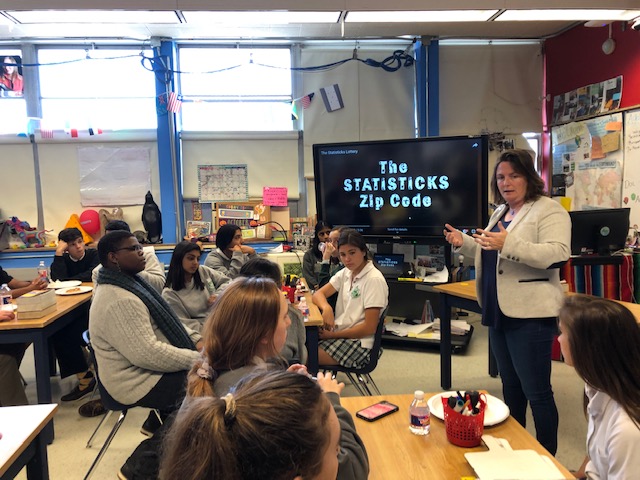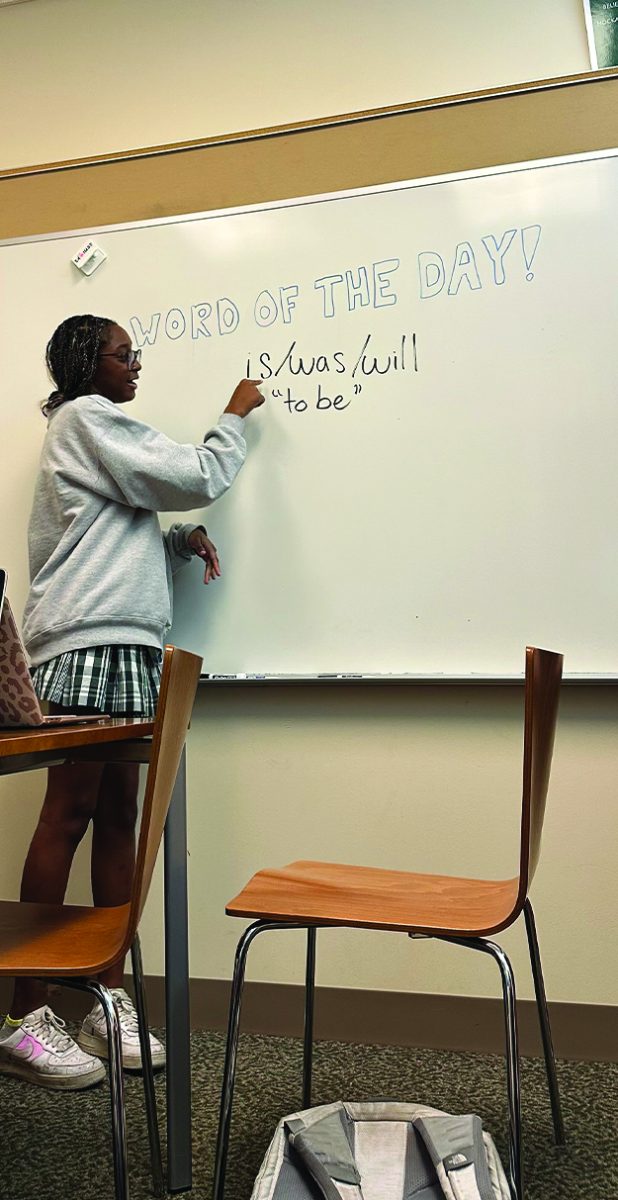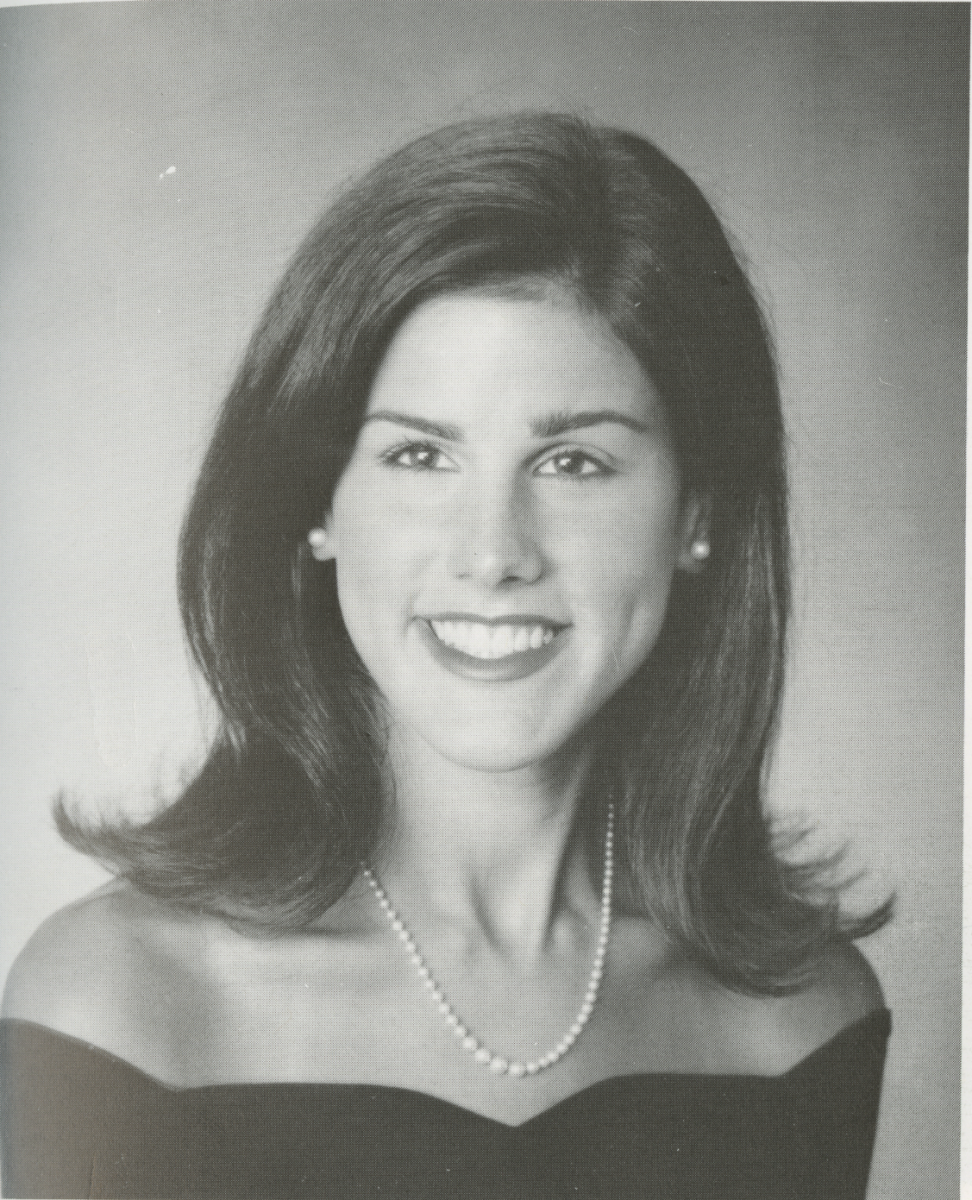The Hockaday Cafeteria now offers gluten-free options in the lunch line, sparking the question,
“Is gluten-free eating actually healthier?”
About two months ago, senior Ashley took a trip to Half Price Books to look for a gluten-free cookbook. After learning about the trend of eating gluten-free, Ashley thought she would give it a try because she was, in her words, “addicted to bread, pasta, anything that had wheat in it.” She’s been eating gluten-light ever since.
However, Ashley is not allergic to gluten, so she occasionally breaks her personal rule for a tasty gluten treat like pizza, knowing very well that anyone truly allergic to gluten does not have this luxury. Junior Alexandra, on the other hand, follows a strict gluten-free diet plan to keep her digestive system from further harm.
Gluten intolerance, an allergy caused by celiac disease (an autoimmune condition that causes pain, diarrhea and eventually malabsorption of nutrients) has received more press in recent years as researchers speculate that there are at least 1.4 million Americans with the disease who are undiagnosed. The press related to gluten-free diets led to a new niche for food companies and a new health food section at the grocery story: gluten-free products.
At the age of nine, Alexandra was diagnosed with celiac disease. Her condition went unidentified for so long that it caused hypothyroidism, a complication where the thyroid gland slows down the metabolism.
“I would go to school, and all the little kids were having Pizza Friday, and I couldn’t eat pizza,” Alexandra said, her voice dropping slightly as she described adjusting to living with celiac.
When Alexandra came to Hockaday in fifth grade she was the only gluten-intolerant student. Now she is not alone.
“In the last three years, probably, it has tripled—the number of kids that need gluten-free plates according to their doctors,” Torie Reynolds, Director of Food Services, said.
About one percent of Americans have celiac disease, but many more have gluten sensitivity, Reynolds said.
Sensitivity, formally known as Non-Celiac Gluten Sensitivity, may be present in as much as 30-40 percent of the United States population, according to a Mother Nature Network article published two years ago. NCGS is the lesser of two evils but can still lead to or cause digestive problems, skin problems, and sometimes even depression.
This year Hockaday’s Food Services has begun to offer gluten free options on the lunch line. Now, students have access to the option even if they haven’t been diagnosed with NCGS or celiac disease. In fact, Reynolds said, students will be able to try eating gluten free to help diagnose digestive issues that they are having without waiting for doctors.
Reynolds hopes to keep the option available all year, even though so far only around 15 students have requested the new offering of gluten-free pasta.
Though many students legitimately have celiac disease or gluten sensitivity, Hockaday—and the rest of the world—has its share of what some have termed “fad dieters.”
According to a 2011 Time Magazine article, “Americans spent a record $2.6 billion last year to banish gluten from their lives, about the same amount they spent on cat food.” Considering 88 – 92 percent of that money came out of healthy people’s pockets, the fad seems to be taking off.
But the growing trend of cutting gluten out of diets for the sake of eating healthier could be making the food label ‘gluten-free’ harmful for celiac patients.
The Food and Drug Administration does not have a guideline for the gluten-free label yet, and companies can produce products which are not 100 percent gluten free and still advertise them as gluten-free.
And fad dieters beware – a gluten free piece of bread isn’t any better than a regular one. Actually, it could be less healthy.
“If you avoid only gluten, rather than the carb-packed foods it’s typically in, you will likely be getting more calories with fewer nutrients,” said Dr. Stefano Guandalini, founder and director of the Celiac Disease Center at the University of Chicago, in a Time Magazine interview. “Many substitutes end up being high in surrogate carbs and low in fiber. That’s why celiac patients who go on prescribed gluten-free diets often see their body mass indexes increase, not decrease.”
Still, Hockaday hopes to continue offering the option of gluten free food, mainly because of the substantial benefits to sensitive stomachs.
– Emily










